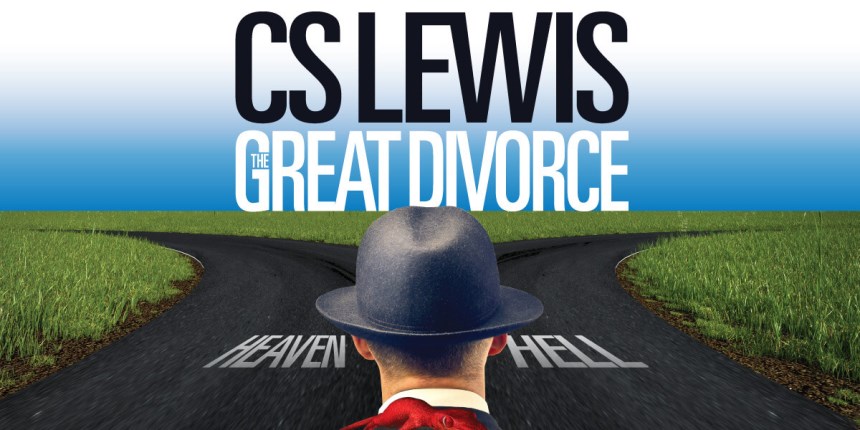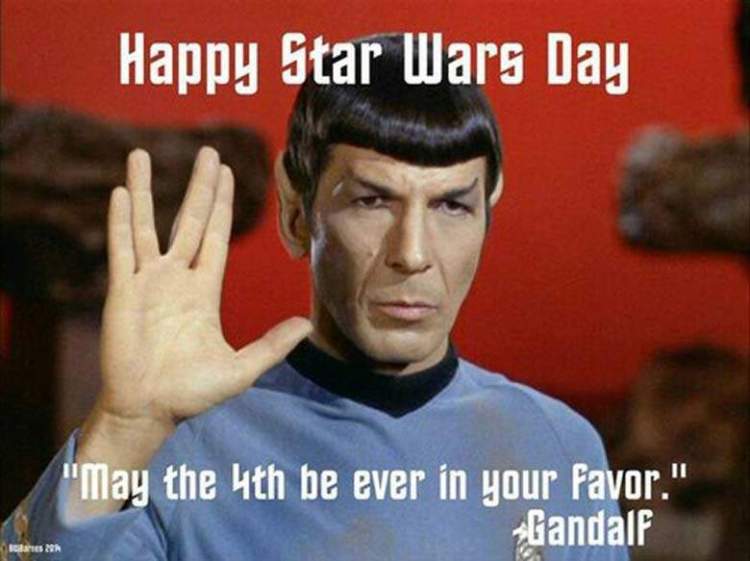Wise Words on Wednesday: Why be kind?

“Be pitiful, for every man is fighting a hard battle”
– Ian Maclaren, The British Weekly (1897 Christmas Edition)
"We are travellers…not yet in our native land" – St. Augustine

“Be pitiful, for every man is fighting a hard battle”
– Ian Maclaren, The British Weekly (1897 Christmas Edition)


Today’s episode is a little different. Matt and I have an announcement. Last weekend we spent a day with New Eve Media…
If you enjoy this episode, you can subscribe manually, or any place where good podcasts can be found (iTunes, Google Play, Podbean, Stitcher and TuneIn).
Please send any objections, comments or questions, either via email through my website or tweet us @pintswithjack or message us via Instagram!
Episode 26: “The Grand Reveal” (Download)
Audio Player Today’s song is “Ready to be myself” by David Dunn…
Today’s song is “Ready to be myself” by David Dunn…
Today, Today is the day
I’m waking up to say
I’m tired of the way
The way that I change
I rearrange
Myself to be
Someone that everybody loves
So I become someone I’m not
Who am I gonna be
When nobody’s watching me
I want to be real
What am I gonna do
To live what I know is true?
I let go
Oh I’ve been someone else
God, I’m ready to be myself
Now, now is the time
To open up my eyes
And see what I will find
I find I made up my mind
To be someone that everybody loved
So I became someone I’m not
I want to be something more
Than a man who needs to be adored
It shouldn’t matter to me
With every breath that I have left
I wanna breath it out hoping that
He says “you’ve done well”


Summary
We open with Lewis standing in a bus queue. He’s been wandering in continual twilight through The Grey Town in the rain. Other than the bus queue, the town appears to be deserted.
As he joins the queue, a couple argue and they both leave.
The Short Man in front of him makes a disparaging comment about “the sort of society” in the bus queue. After Lewis fails to respond to the slight, The Big Man punches The Short Man who limps away.
Next, a young, seemingly androgynous, couple leave arm in arm, “it was clear that each for the moment preferred the other to the chance of a place in the bus”.
A woman four places ahead complains “We shall never all get in”. A man offers to change places with her for five shillings, but he then double-crosses her. The rest of the group throw her out of the line.
We get the impression that events like this continue to happen for some time until “the queue had reduced itself to manageable proportions long before the bus appeared”. The bus is a stunning vehicle, driven by a driver who is “full of light”. To our protagonist’s puzzlement, the driver’s appearance raises the ire of those in the queue. They all push and shove to get into the bus but, in the end, there is plenty of room for all.
Our man sits at the back of the bus, a good distance away from the others, but is immediately joined by “a tousle-headed youth” who sees in our protagonist a kindred spirit. He comments on his bewilderment at the other passengers, saying they “won’t like it at all when we get there, and they’d really be much more comfortable at home” where “they’ve got cinemas and fish and chip shops and advertisements and all the sorts of things they want”. He says he ought to have taken the bus as soon as he arrived, but he’d “fooled about trying to wake people up”. It becomes clear that this man is a poet and, to our protagonist’s horror, he is about to show him some of his poetry… It is at this point Lewis realizes that the bus is now airborne and he looks out of the window to see the Grey Town disappearing below into the rain and the mist.
Questions
Q1. What words would you use to describe The Grey Town?
Q2. What do you make of the different members of the queue? The arguing couple, The Short Man, The Big Man, The Androgynous Couple, The woman who pays to change places with the man who cheats her…
Q3. In what way do the characters in the line each display one of the Seven Deadly Sins? Envy, Gluttony, Greed, Lust, Pride, Sloth, Wrath
Q4. In what ways are the members of the bus stop similar? In what ways are they different from each other?
Q5. Why do you think the line for the bus is so short? Why do people so easily leave the line?
Q6. Why do you think the members of the queue react so badly to the driver?
Q7. Do you think the tousle-headed youth represents anyone in particular?
Q8. Why does the tousle-headed youth think that the others would be happier staying in the town?
Q9. Who do you think Cyril Blellow was?
 A delightful video of the most excellent Peter Kreeft talking about C.S. Lewis and his relationship to Catholicism…
A delightful video of the most excellent Peter Kreeft talking about C.S. Lewis and his relationship to Catholicism…


Summary
Lewis opens the book by referring to “The Marriage of Heaven and Hell” by William Blake (1790’s). Jack says that the temptation to wed the two is perennial, to turn evil into good without renunciation. Instead, getting to Heaven requires that we will let go of some things: “You cannot take all luggage with you on all journeys;…If we insist on keeping Hell (or even Earth) we shall not see Heaven: if we accept Heaven we shall not be able to retain even the smallest and most intimate souvenirs of Hell.” However, what we must give up will ultimately have been utterly insignificant! Not only that, when we look back, Earth will be seen to be a preliminary region of either Heaven or Hell.
Jack ends by emphasizing that this story is simply a fantasy, “an imaginative supposal”, which he is using to communicate spiritual truths. It is not a strict theology of what happens to us after death.
Questions
Q1. What was the inspiration behind this book?
Q2. In what ways do you think people imagine we can wed Heaven and Hell?
Q3. From Mere Christianity, how did Lewis understand the nature of evil? How does this demonstrate the problem with trying to wed Heaven and Hell?
Q4. What does Lewis mean when he says that we can’t take all luggage on all journeys? To what is he referring when he talks about leaving behind a “right hand” or “right eye”? How does this relate to the conception of the Christian transformation described in Mere Christianity?
Q5. According to Lewis, if we go off-track, what must we do to get to our destination? If we get the wrong answer to a sum, what should we do?
Q6. What will happen if we insist on keeping Hell, or even Earth?
Q7. From where did Lewis get the idea of unbreakable matter?
Q8. Is Lewis describing what he believes the afterlife is like?
